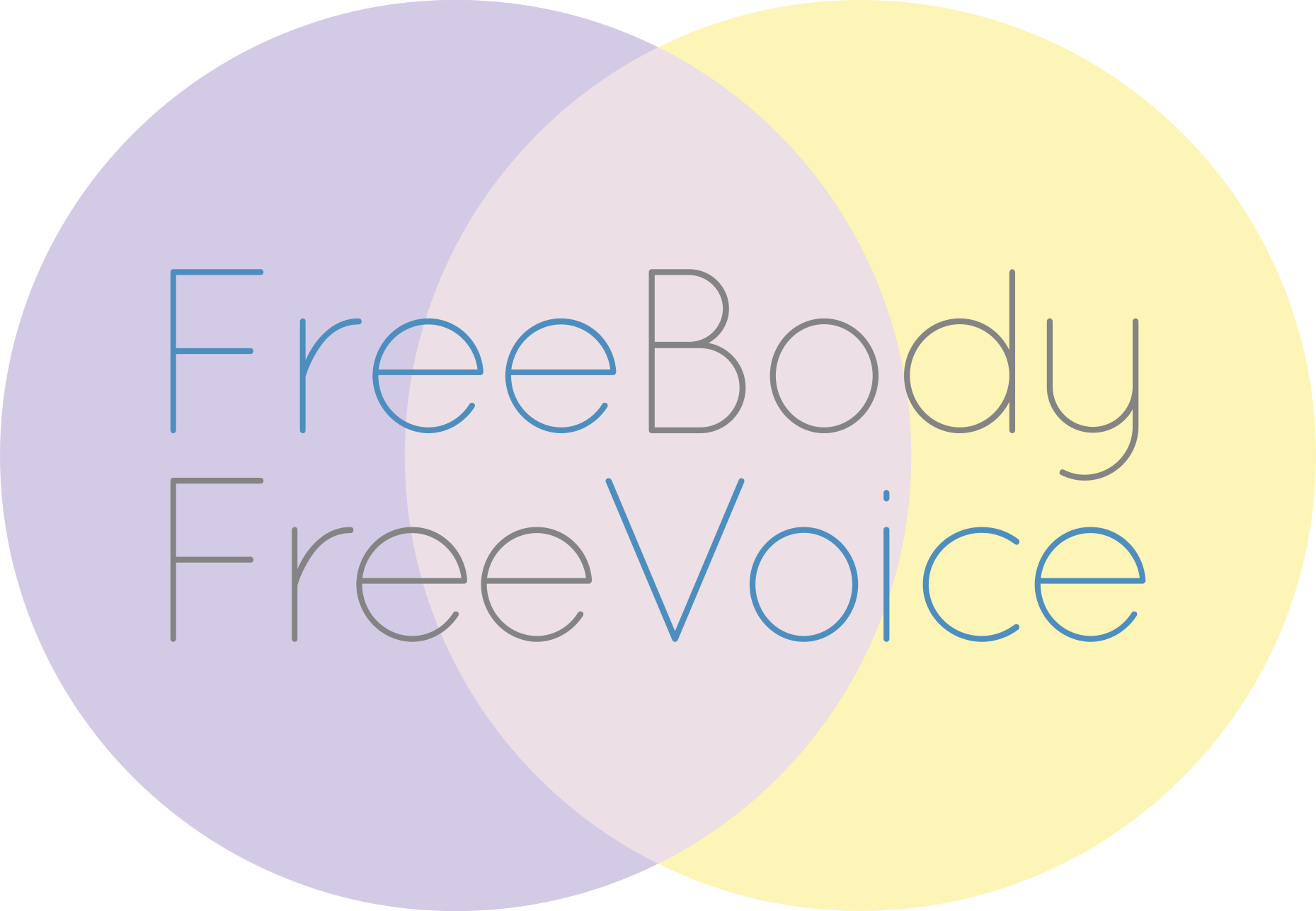Is truth fickle?
On the path from ignorance to understanding, truth can seem fickle. It often seems that what I learn at one stage is turned on its head in the next.
True becomes false and vice versa.
A good example of this flip-flopping is my decades-long coming-to-terms with my scoliosis. When I first discovered my mild spinal twist, I realized that for my whole life up until then I had been imposing an artificial symmetry onto my body. My “truth” then changed to letting my spinal twist express itself. After a while, my system began to discover that honoring the twist had allowed a return to more symmetry. The truth now became discovering how to be as symmetrical as possible. Ever since, I have gone through alternating periods of honoring the twist and minimizing it. The interaction between these two seeming opposites has allowed me to move more freely, reduce pain and injury, and understand myself—physically and mentally—on a deeper level.
Many of my friends and students have no idea about my scoliosis, but nearly everyone who knows me knows that I am a passionate explorer of breathing. If you study with me privately or in any of my classes, you have probably come into contact with my latest breathing discoveries. If it’s been a while since we worked, you might be surprised that my current thinking has evolved quite far from what it was we were doing back then. It might even seem like the polar opposite. Like my understanding of scoliosis, my understanding of breathing has gone through progressive stages in which the truth seemed to flip-flop. Here’s a greatly simplified outline of some of the stages of understanding of breath I’ve gone through in 25 years:
take deep, long inhales and exchange all the air in your lungs with each breath
breathe deep into the belly
forget the belly, let your ribcage expand and contract
it’s all about the movement of the lowest (floating) ribs in the back
it’s all about allowing the upper chest to participate
it’s all about letting the movement go all the way down to the pelvic floor
breathe much less—shallow and quick—and don’t move anything visibly
OK, keep breathing less, but actually, the ribs do move somewhat, especially in singing
[I wonder what’s next…?]
If you studied with me during any of these phases and then stopped lessons without continuing to explore on your own, you might have gotten stuck at my previous level of understanding!
What’s going on here? Am I deceitful, luring people in to sell them half-truths or outright lies? Should I hold off on teaching until I understand every aspect of my subject matter? Or is reality shifting, requiring us to keep up with its volatile and capricious changes?
I think you’ll agree that none of these scenarios is valid. Rather, in coming to terms with any subject matter, we must gradually be able to reconcile aspects of truth that seem at one level of understanding to be opposites, but which at deeper levels of understanding reveal themselves to be complementary aspects of the truth. Polar opposites collapse into deep knowledge! I see now, reviewing my list above, how every stage contained a kernel of truth. Synthesized into my current understanding, they all together represent a lifetime of discovery and mastery.
Which continues to evolve. Tomorrow, I may be able to add another line to my list which, while seeming to contradict the rest of the list, actually subsumes everything else into a deeper understanding.
What does this mean for you as a student?
It means that, in order to not get stuck at my current level of understanding, you must continue to explore the subject matter. You are welcome to do this along with me or you can explore on your own. I do a lot of self-guided exploration—at least an hour or two every day. And I find that butting up against teachers with different understanding jostles my thinking in a productive way, discouraging me from ever thinking I have figured it all out. So I take lessons and classes from a variety of teachers, each with a different take on things. (But I am discerning in choosing my teachers: they must be continual explorers who, like me, understand how to keep learning, unlearning, relearning. There is nothing I find more boring and unproductive than listening to someone who believes their current understanding is conclusive.)
What I hope my students will take from their interaction with me is not whatever necessarily incomplete picture of the truth I am currently fascinated by—not any facts or how-to instructions. I hope they instead are productively jostled in their current thinking to allow themselves to discover their next level of understanding.
May everyone’s list be unending!
